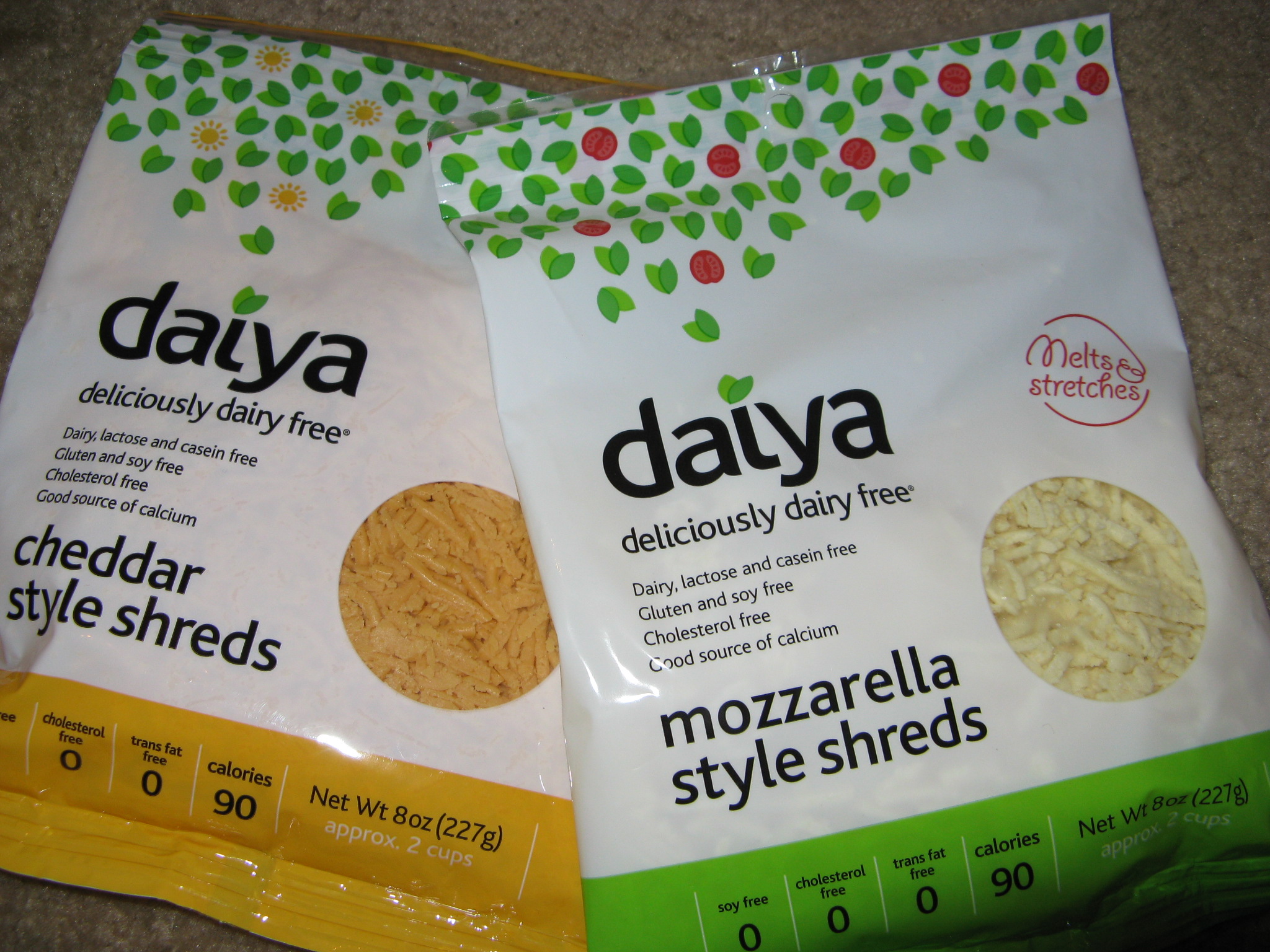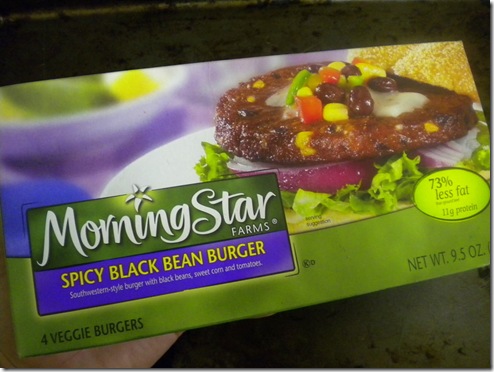Well, for example, soy is one of the most popular ways of replacing protein from one's diet (though far from the only one) but soy is also used to feed animals. The thing is, it would be much better if that soy went directly to humans instead of the inefficient animal meat production chain, where most of it is used by the animals' metabolism & released as heat and such and never gets to humans. Currently, it's estimated that well over 50% (I've read estimates as high as ~70%) of arable land is used for grazing and producing food to livestock. If all cattle etc. just died overnight, we'd simply have a huge surplus of food that could feed all of mankind and then some (though, of course not all of that is necessarily fit for human consumption).
I haven't checked too many sources for this, so someone may correct me if these are just vegan propaganda, but producing 1kg of beef for human consumption requires, like, 40x more land than producing 1kg of soy for human consumption. Producing beef also uses 20x times more water than soy production (causing water depletion, desertification and destruction of arable land) and causes a lot more CO2 omissions (which can, indirectly, affect the amount of arable land & food production capacity in the long run through simple phenomena like climate change).
When a person stops eating meat, it means that he/she uses, at best (for some vegetarian/vegan foods), as much as 45x less land for producing his/her animal protein replacing products. If everyone needs that much SMALLER land areas for their food production, how would it ever turn out that you'd actually be using more land? I mean, if you just keep putting -40, -40, -40, -40, -40, -40, -40, -40 of land use etc. etc. for every person who switches eating 1kg of beef to 1kg of soy, I personally don't understand what kind of math would EVER make the sum of that positive (as in, how it would ever lead to veganism being more destructive for the environment than eating meat).
People should already be eating a lot of vegetables so it's not like that would need to change too much or cause huge environmental problems even if the amount of vegetables consumed would increase a ton, not when compared to producing meat + a lot of vegetables already go to waste because not enough people buy them, so maybe the amount of vegetables going to waste would decrease and as such we'd be using land more efficiently.
Vegans & vegetarians will just mostly be replacing the protein intake lost from animal products by plant kingdom products (and might have to increase their spinach eating for dat iron etc.). Otherwise their diets remain mostly the same. So if producing that protein takes way, waaaaaaay less land, in what scenario would the amount of arable land required to feed humans actually increase instead of decreasing a hell of a lot?
If visuals help. Imagine this is the amount of land that goes to meat production
||||||||||
||||||||||
||||||||||
||||||||||
||||||||||
||||||||||
||||||||||
||||||||||
||||||||||
this would be the amount of land that goes to producing the meat-replacing amount of soy directly to a human
||
For every human that goes from eating beef to eating soy, the food production effect would go from the upper situation of needing a fuckton of land to only needing the "||" amount of land.
Another bad thing about meat production is... a lot or even most of it goes to waste. Some is thrown away already in farms to artificially keep up the price of meat, a lot goes to waste in stores as they can't sell a lot of the meat before it can't be sold anymore and quite a lot goes to waste in the homes of meat-eating people when people buy more meat than they eat and have to throw rotten/spoiled meat out of their fridges.





